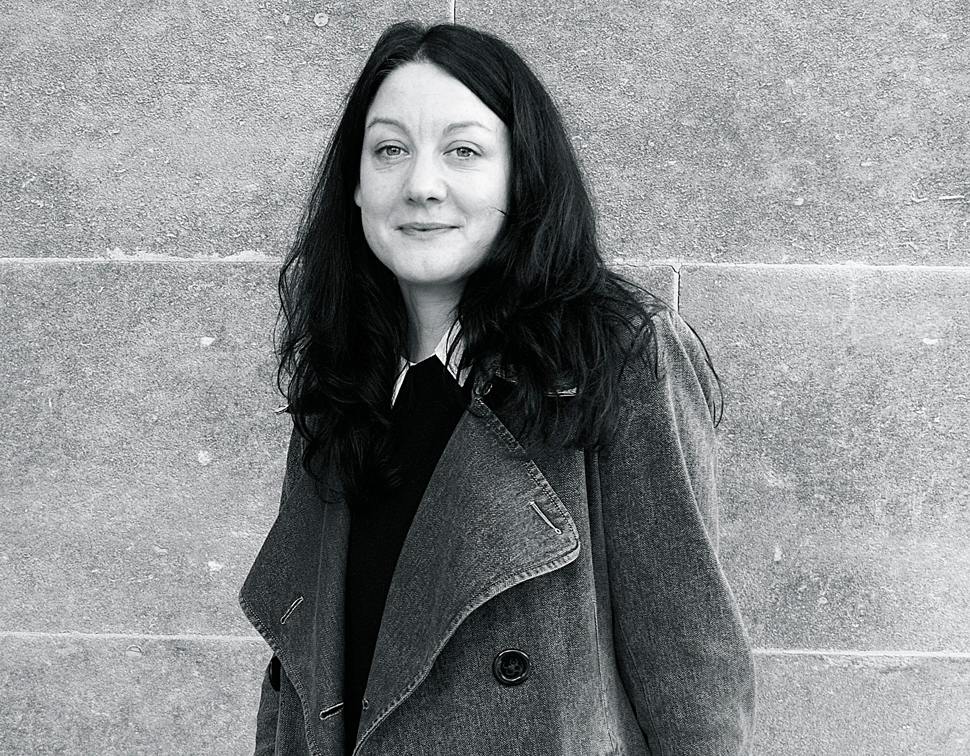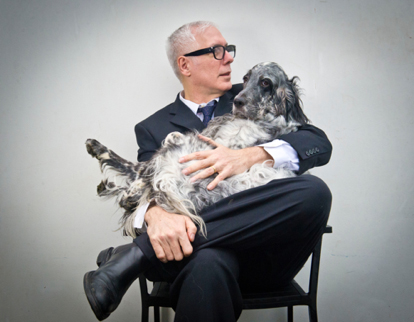- Home |
- Search Results |
- Stephen Grosz and Helen Macdonald on finding headspace and comfort books
Stephen Grosz and Helen Macdonald on finding headspace and comfort books
For Mental Health Awareness Week, Stephen Grosz and Helen Macdonald, authors of the Vintage Minis books Therapy and Recovery, reveal how they find headspace on a daily basis and their favourite comfort books.
Helen Macdonald on finding peace in nature and fanfiction

It’s easy to get stuck in your own head if you live alone and write for a living. On bad days it feels as if I’m trying to breathe and work in a small space growing ever-smaller around me. Words fail, anxiety grips, and nothing gets done. My usual tactic to escape it is simply to spend time watching living things that are not human. It’s easy to do it walking around outside, but when deadlines are pressing, I can do it indoors too. When my pet parrot sits on the back of a chair and avidly preens his feathers, it’s a reminder that my house is also his house, where there are no creative anxieties, no knowledge of political disasters or environmental extinctions.
This morning I watched a small flock of woodpigeons and stock doves wandering about the edge of the field behind my small garden to pick up recently sown field beans. Their absorption became my absorption. Wind, small rain, flock fellowship, hunger, the feel of wet loam beneath little red toes, and I could breathe again. Sometimes it’s a spider climbing a wall, supported by eight furry paws that adhere it to surfaces using electrical attraction at a microscopic scale. It’s good to try and imagine what a spider sees, or feels; what the world might be to a spider. There’s not much difficulty in attempting any of this, just a will to empathise and a recognition that however hard you try to imagine it, you’re going to fail. But it’s always enough to shake me free of myself for a while.
For sheer comfort, it’s lounging on the sofa watching a silly movie, or reading fic on my phone (never sneer at it; some of the most impressive and moving long-form works I’ve read over the past few years have been fanfic). And if it’s a book for comfort, it’s going to be sci-fi or an old-school mystery novel. A dog-eared copy of Tinker Tailor Soldier Spy has been in my bathroom for an age. It doesn’t even have a cover any more. I know almost every word by heart, and — confession — sometimes soaking in a hot bath I read it out loud and try to do all the voices.
Penny on how she minds her owner, Stephen Grosz, and holds contempt for Chekhov

If Stephen were answering your question — what is your go-to comfort book? — he’d try to make himself interesting, but not pretentious. He’d want to write something that left you thinking — wow, this guy is profound and modest. He wouldn’t lie, but he's not going to tell you that he’s more into comfort eating than comfort reading.
I like to take Stephen for walks on Hampstead Heath. It clears his mind to get away from the pack, slip his lead, scuttle about in the mud. Sometimes, on a slow, extended walk, he enjoys listening to music, or short story podcasts — the New Yorker Fiction podcast, the New Yorker's Writer’s Voice, that sort of thing — it soothes him. But he’d never mention it in a piece like this. He’d want you to think of him as quiet, serious, present; he wouldn’t want you to imagine him walking about in headphones.
When Stephen doesn’t have some novel on the go, or he’s unsure of which book to take with him, he’ll grab one of the thirteen volumes of Tales of Chekhov. Last time he was on the radio, he spoke for twenty minutes about Chekhov’s The Lady with a Dog — and this is 100% true — he didn’t once mention the dog. I kid you not.
A week ago, he did it again. Over breakfast and the Saturday papers, he was telling his son about Chekhov’s dog story: Kashtanka. Kashtanka is the name of a small mongrel — a maltreated dachshund-mix that becomes lost, is found by a kind-hearted man who feeds and cares for her until she chooses to return to her original, abusive owner. The story ends with her remembering the kind-hearted man, the delicious dinners — 'but,' writes Chekhov, 'all that seemed to her now like a long, tangled, oppressive dream.'
In most dog stories, a happy, well-treated dog is snatched from its comfortable home and made to endure cruel hardship, until, finally, it is reunited with its loving family — the Lassie Come Home model. Chekhov upends that plot to tell us something important about dogs. No matter how badly you treat us, we’re devoted.
Stephen’s son listened to all this. He looked down at me; I looked up at him. 'Best dog,' he said. He gave me a hug. I gave him a lick. Then — you won’t believe this — Stephen told his son that Kashtanka says something important about humans: some people have a deep attachment to suffering. For them, love is dangerous; despair is familiar, safe.
He told his son that Kashtanka might be Chekhov’s most autobiographical story — that Chekhov left his cruel parents, found success and fame, and yet he was most at ease with himself when he returned home to his abusers. Think about it. One of the greatest dog stories ever written and Stephen thinks Kashtanka is about Chekhov himself. He actually believes that Anton Chekhov wrote a story from a dog’s point of view to tell a truth about himself.